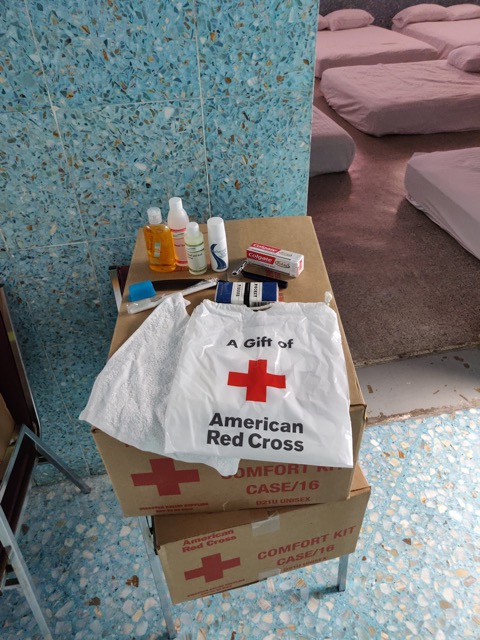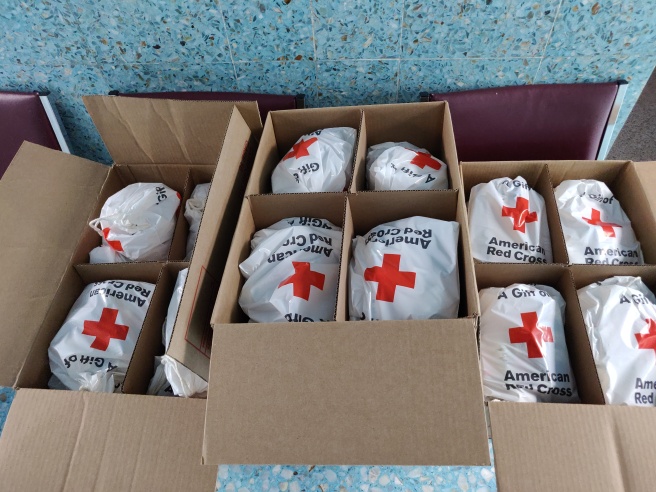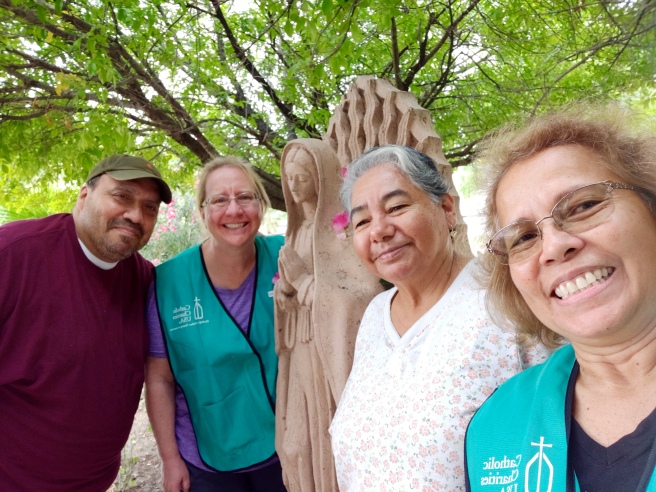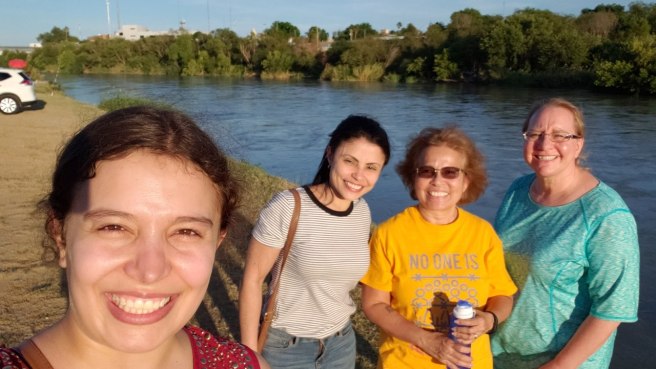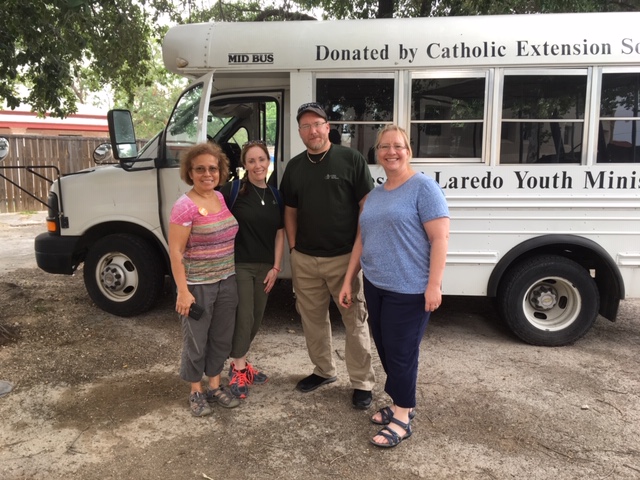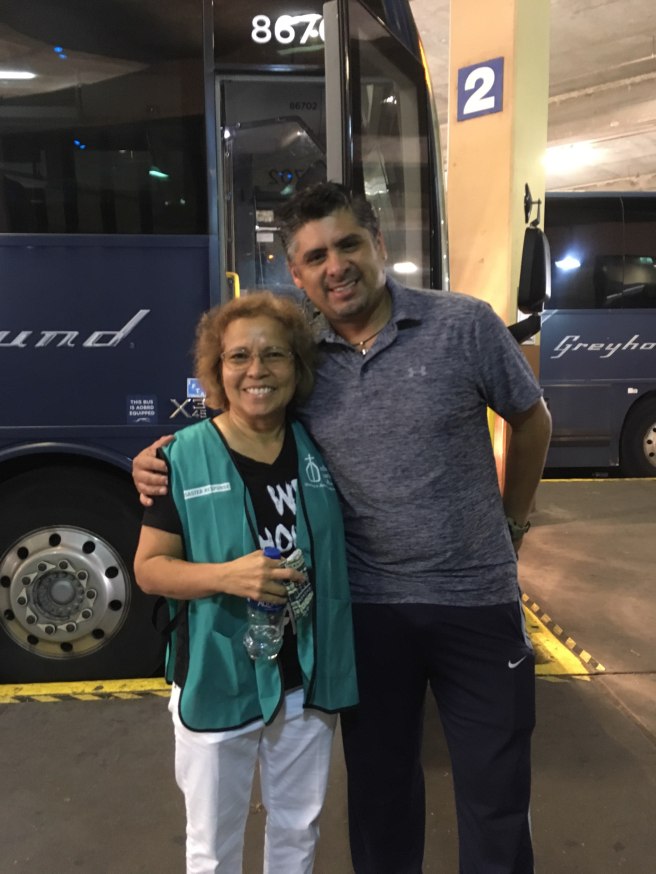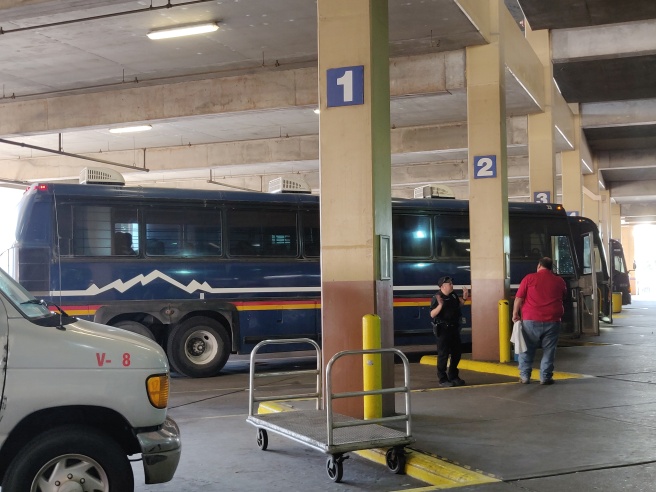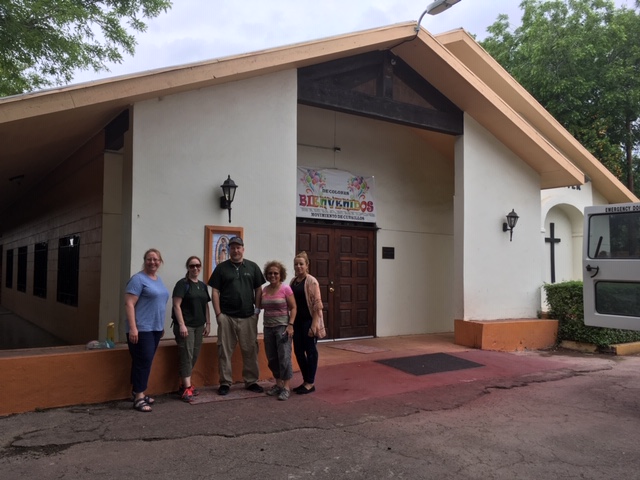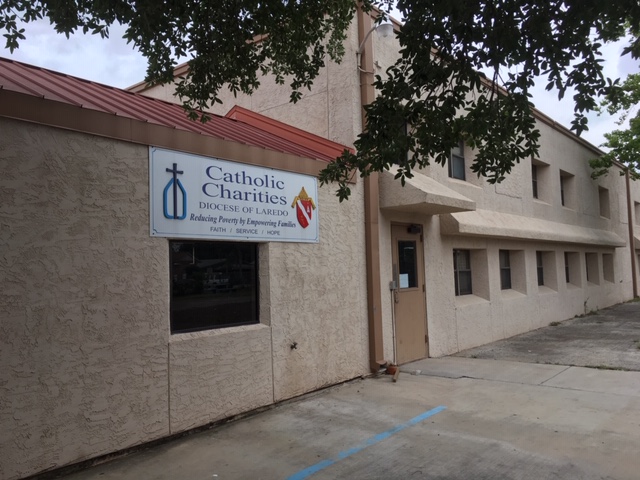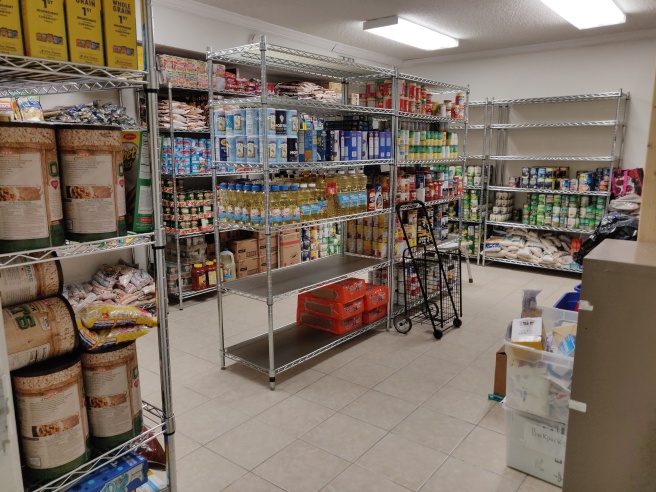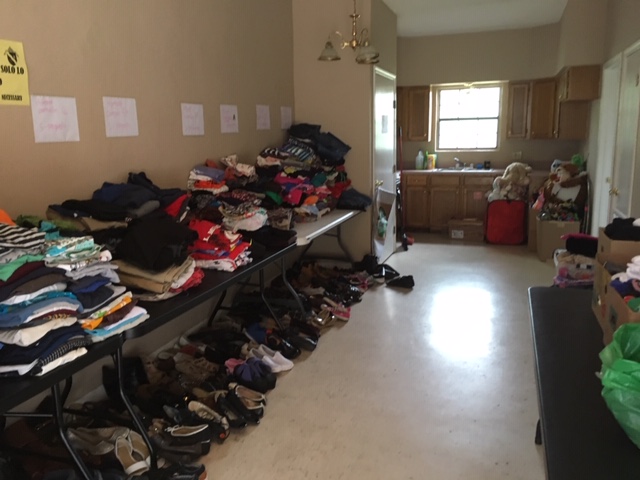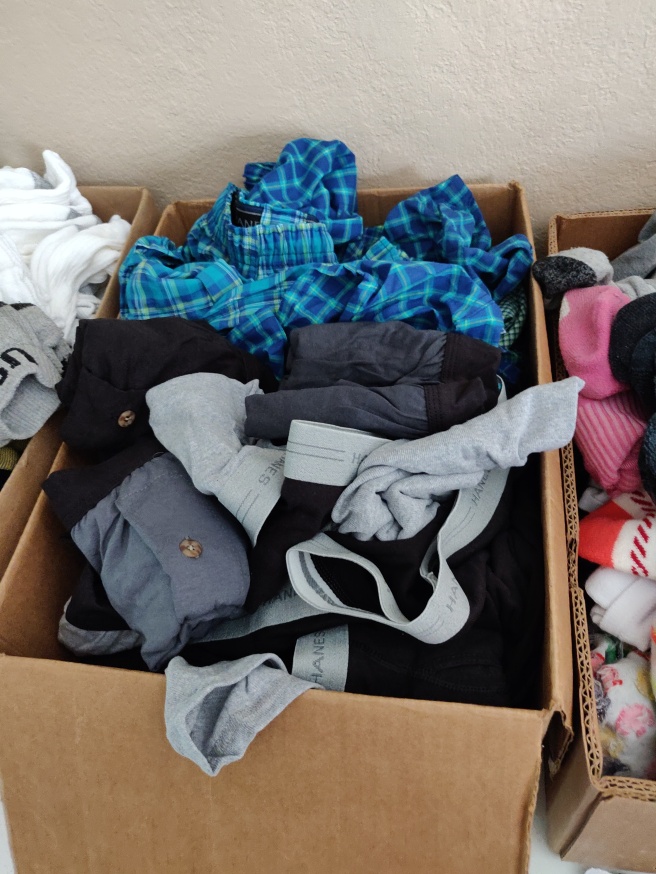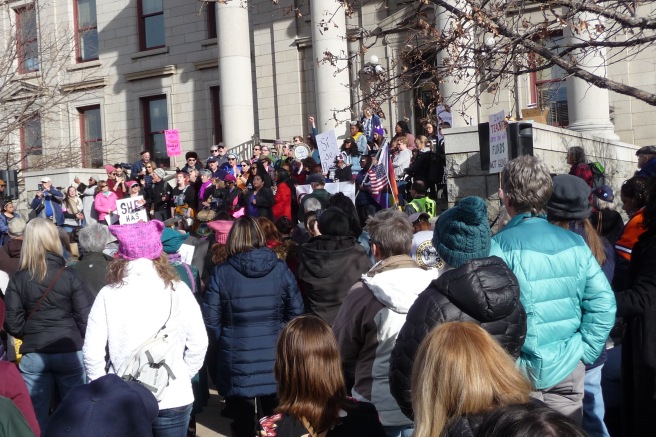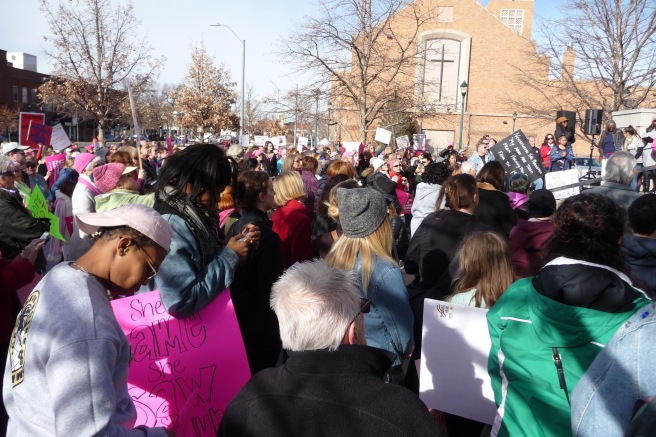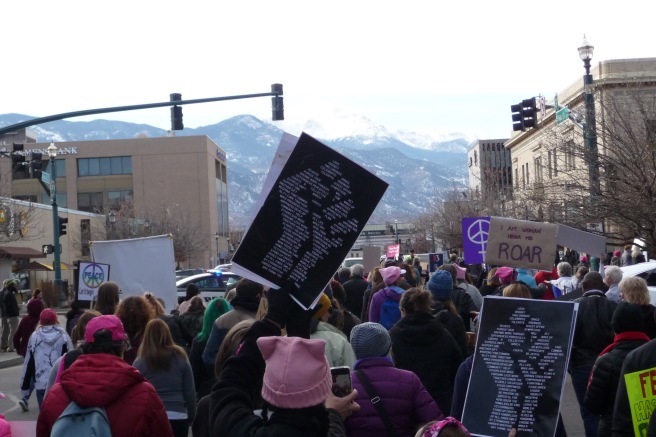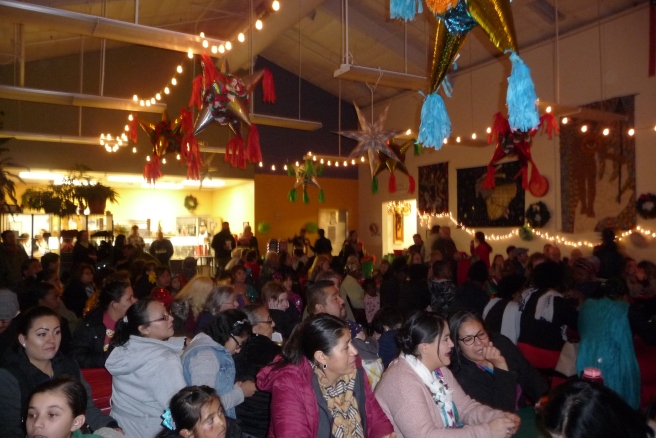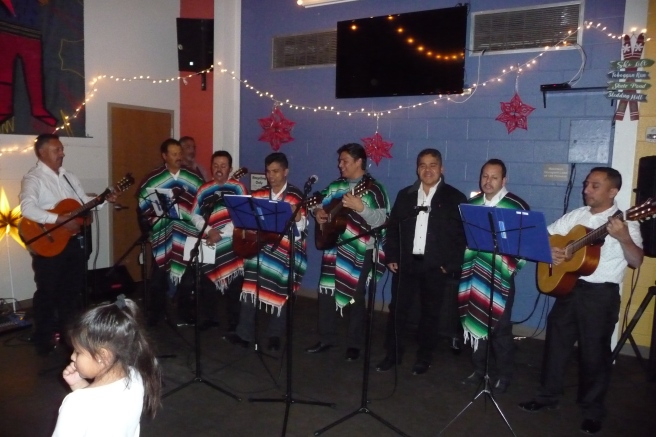Author’s Note: This is the second post in a series of reflections from the borderlands. Notice the changes in policy from 2016 to 2018. To read Part 1, go to http://bit.ly/2UJ1YsD
In the end of 2018 a caravan of asylum seekers came to the southern U.S. border from Honduras. The journey from Honduras to the United States is long, difficult, and dangerous, motivating many immigrants to travel together in caravans for safety and companionship.
For those who arrived in that caravan, early in 2019, the asylum-seeking process looked like this:
- Arrive at the border. Take a number. Yes, just as you would take a number at the butcher or the pharmacy.
- Wait in Mexico until your number is called (often 2-3 months). Meanwhile, where do you and your family sleep? How do you provide food for your family? How do you keep your family safe? You must stay near the port of entry to keep an eye on when your number might be called. If you miss it, you miss your opportunity.
- Present yourself to ICE/CBP and request asylum. Pass a Credible Fear Interview. In this interview migrants must show that they have a credible fear of returning to their home country, due to persecution on the basis of race, religion, nationality, political opinion or membership in a particular social group. Generic poverty, gang violence, and domestic violence do not count; asylum seekers must show that they were personally targeted due to their belonging to a specific group.
- In order to be admitted entry to the U.S., you must have the name, address, and phone number of a sponsor in the U.S. Your sponsor will buy your bus ticket and will house you for at least the first two weeks, and will make sure you get to your court dates and check-ins, often in another city.
- Cross the border. Women and children are separated from men. Everyone goes to the icebox. The icebox serves no actual function, except as a supposed deterrent.
- Be fitted with an ankle monitor. The ankle monitor chafes at your skin, beeps and talks to you, and has to be plugged in—still attached to your ankle—to recharge.
- Be released into the U.S. If you’re lucky, you’ll be released to a shelter, where you can get food, showers, sleep, and help contacting your sponsor. If you’re not so lucky, you may be released to the city park.
- Travel to your sponsor. Your identification documents have been confiscated by ICE/CBP, so you will not be flying. You will take a bus. Imagine all the other things in the U.S. for which you will need basic ID, which you no longer have.
- Report for regular check-ins (monthly or twice monthly) with a private agency contracted by ICE. The agency will call your references in the U.S. every time you check in. You also have weekly telephone check-ins and weekly home visits from the agency.
- Submit a complicated 12-page application for asylum in English. This must be completed before you have been in the U.S. for one year. Six months later apply for a work permit. Meanwhile, where will you live? How will you pay for rent, utilities, phone, food, and medical care? Asylum seekers are not eligible for government benefits, so most have no choice but to work “under the table” in order to survive.
- Attend all of your court hearings. A decision on your case will typically be made within 6 to 18 months.
I am part of a sponsor team for a family that arrived in the 2018 caravan from Honduras. What follows is from my own experience sponsoring this family.
The family we sponsored waited six weeks in Mexico for their number to be called. During that time they rented a tiny room in Tijuana, paid for with earnings the father made doing auto mechanic work. Upon entering the U.S., the family was separated and spent three days in la hielera, or the icebox. All their documents were confiscated and never returned. With no identification, they have been unable to even request new ID from their respective consulates.
Both the father and the (nursing) mother were fitted with ankle monitors. At the first ICE check-in (almost three weeks after their entrance to the U.S.) the mother’s ankle monitor was removed. The father’s monitor presented constant problems, and he had to travel to another city three times to have it repaired or replaced. One year later he still wears the monitor, despite checking in twice a month in person, and every week by phone. The family has home visits scheduled every week. In reality, the agency often does not show up for these visits, but if the father is not home at the appointed time, the agency knows because of the GPS monitor on his ankle.
The three family members were assigned three separate court dates: one for the father, one for the mother, and a third for their child, who was less than one year old. Honestly, an infant with his own court date separate from his parents? Thankfully, I have a friend who is an immigration attorney who requested on the family’s behalf that the three court dates be combined. The request was granted. How would other families without such resources navigate that challenge?
Although the family is not allowed to work, everyone knows they have to. How else would they survive? They are not eligible for public benefits. Our sponsor team has managed to find (non-government-funded) agencies that offer sliding-scale or free services to immigrants regardless of documentation or legal status. To clarify, this family’s presence in the U.S. is legal—they have been paroled into the country.
What is the good news in this frustrating scenario? Almost immediately after making known the need for a sponsor and a sponsor team, several people from my (relatively new) church volunteered to get involved. Others in the congregation have been generous with donations of furniture, housewares, and clothing. We have learned more than most of us ever wanted to know about the U.S. asylum process. And we have worked together as family to welcome our neighbors. I’m immensely grateful for this church, these friends, and how we have grown together. But these policies? Many of them make no logical sense, and are nothing short of deliberate cruelty.
That was early 2019, and things have changed yet again. Stay tuned to learn how MPP (Remain in Mexico) continues to affect the most vulnerable of our neighbors.
Photo credit: Special thanks to Nate Bacon


